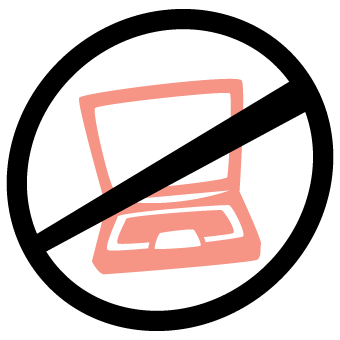
Just beat it
The widespread shift to remote work brought about by the Covid-19 pandemic has led to burnout for many employees. “Burnout” is a special type of work-related stress—a state of emotional, physical, and mental exhaustion caused by excessive and prolonged stress. It occurs when you feel overwhelmed, emotionally drained, and unable to meet constant demands. Almost 70% of remote employees experienced burnout symptoms while working from home during COVID-19, according to a recent survey by Monster.com.
4 warning signs of burnout

Avoiding work
Is your inbox piling up? Have you found yourself procrastinating? Often, when we’re feeling burned out at work, we suddenly want to do everything except work.

Declining Performance
Are you missing goals or not delivering the same quality of work as you did early in the pandemic or when you worked on-site? In the early stages of burnout, our brains are constantly in a state of stress, which switches them into “survival mode,” causing us to slip in our ambition and responsibility.

Negative moods
Exhaustion is the central symptom of burnout. Have you become uninterested in your work, team, company, clients, etc.? Is it difficult for you to focus or be patient with others? If you’re feeling apathetic or bitter, you’re probably headed toward a full-blown burnout.

Unable to disconnect
Are you working extended hours and/or not using your vacation days? During the pandemic, US employees increased the average workday by almost 40%, adding an extra 3 hours to their day.
5 tips to help beat burnout

Set boundaries
Set boundaries between work and life. Ideally, there’s a physical one—a door or curtain between where you work and the rest of your home. Consider replacing your commute with a walk to a nearby park, or even just around your apartment, to put a beginning and an end on your day.

Set limits
To help limit screen and work time, turn off email notifications when you aren’t working, avoid the screen for an hour after work, and work the same number of hours as you did on-site. In the long-term, trying to squeeze in work and email responses whenever you have a few minutes to do so—during nap time, on the weekend, or by pausing a movie in the evening—is not only counterproductive but also detrimental to your well-being.

Self-care
Make time for sleep, exercise, and mindfulness. Allowing your body and mind sufficient time to rest and recover will help you cope better with work stress. Consider taking up a hobby, joining a sports team, learning a new skill, or strengthening your self-care routine with challenging workouts to add balance to your life.

Tell the team
If you’re feeling burned out, tell your boss and coworkers as early as possible. They can collaborate with you to redistribute your workload, make accommodations so you can heal your burnout, and provide encouragement and support.

Take a vacation
Whether you unplug for the weekend, plan a staycation, or go on a road trip, time away from work is necessary to feel refreshed and re-energized.
Conclusion
By keeping a lookout for these warning signs and implementing a few daily ritual changes, we hope that you’ll regain your momentum during these unpredictable times.